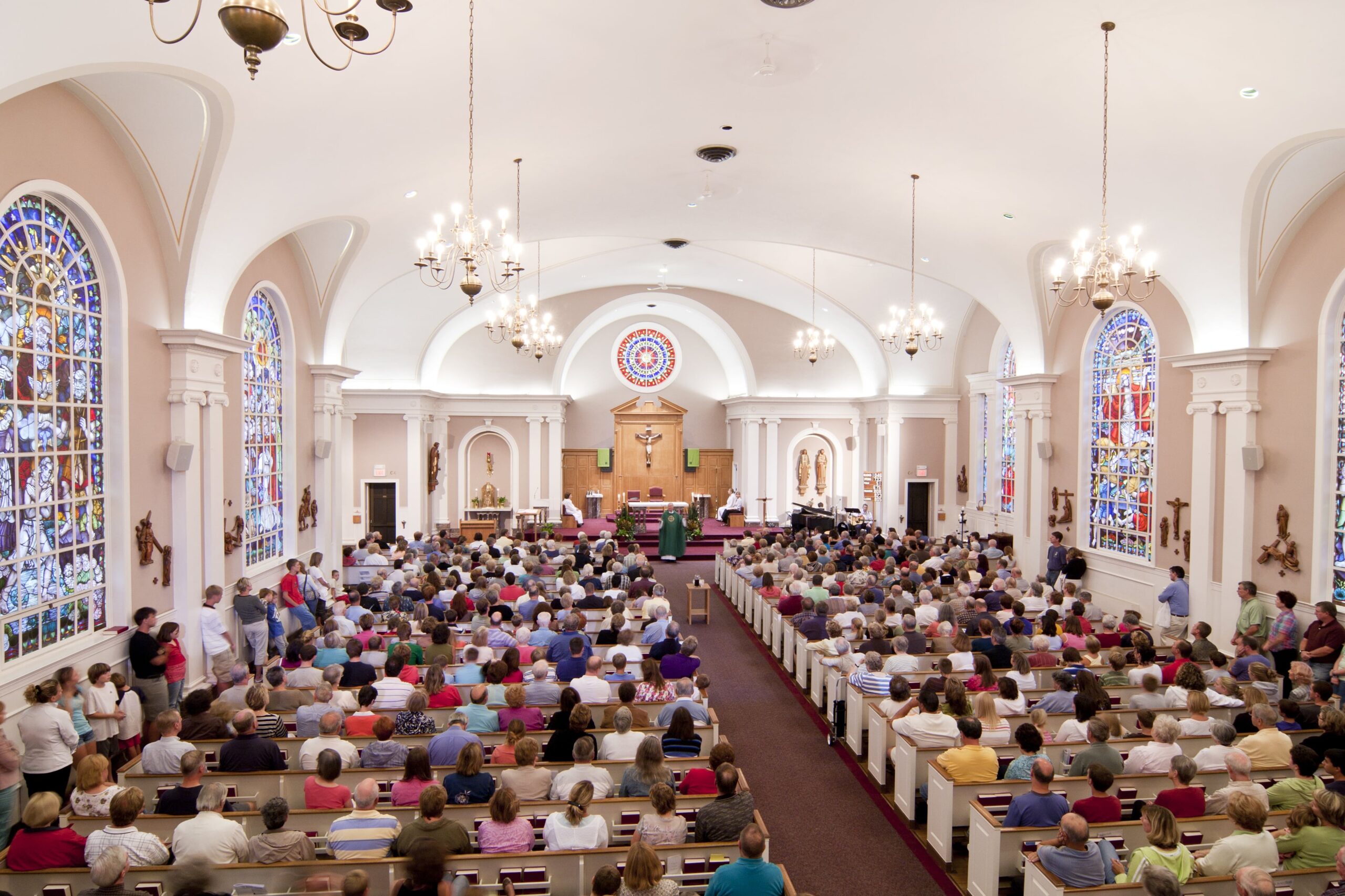Over the past 20 years, many churches have transitioned their discipleship approach from Sunday School to small groups. Many people imagine a small group as a very awkward attempt at forced spiritual intimacy among a group of relative strangers. Discipleship directors have experienced skepticism and even received direct opposition to this change. The struggles have been found to be very similar whether in a small or large church and across denominations.
1) “We’ve never done it this way before.’
The goal of Sunday School was not singular but multi-faceted. It provided fellowship, community, and some structure to create an environment where people could encourage one another, grow in their faith and study the Word of God. The structure of small groups is a bit different than traditional Sunday School but normally with the same intention. However, “different” is harder for some of us than for others. Small groups are usually more laid back with the intention of making people feel more at ease. Yet they represent change, so people are often reticent to give them a try.
2) “It’s going to be uncomfortable.”
Small groups are generally intended to meet somewhere other than church. Many times they are called home groups because they are actually held in people’s homes. The hope is that by stepping outside the walls of the church and into one another’s homes and weekly lives, that friendship and community will form. Initially this can feel risky to some, but new things are often initially uncomfortable. Meeting in a non-formal setting like a home, restaurant or coffee shop can break down social walls behind which we unintentionally hide.
3) “What will we do?”
Often small groups will meet during the week and share a meal or even plan social outings, like attend a sporting event together or go bowling as a group. The desire is for people to “do life together”. Part of that often involves studying the Bible and praying for one another. However, initially it is important for a group to get to know each other. This often happens in an organic way when they share an enjoyable activity together. Becoming acquainted with one another through shared meals and time together is essential to building community, becoming familiar with one another and eventually creating a safe environment that promotes transparency. We all need accountability and desire relationships that make our lives better. Small groups can provide this.
4) “I won’t know anyone.”
Some small groups begin with one or two established friendships that invite others in. Churches have many different ways of forming groups. Some have people sign up to participate in a specific study. Others have groups designated by age and gender. Sometimes this will be successful in creating community, however many times once the Bible study or course ends, so does the group. The hope is to create lasting community.
Many churches have taken to creating groups based on shared interests. The group may be based on a shared hobby, women who get together to paint, men who like to fish, or teenagers who all like to chase Pokémon. These groups may include many different ages and even different genders. However, the shared interest helps bridge these differences.
These groups will usually initially meet together to share experiences through their similar interest but after becoming more comfortable with one another they begin to share life. Sometimes this transitions into including Bible study and prayer, but many times it evolves into accountability and transparency. This is a powerful thing. As the individuals in the group grow and mature, they begin to “spur one another” on to growth as well.
While “new” can be uncomfortable, many have found the dynamics of a small group to be just what they needed to take them to a new level in their relationship with the Lord.
Where has your body of believers found success in small group formation?



